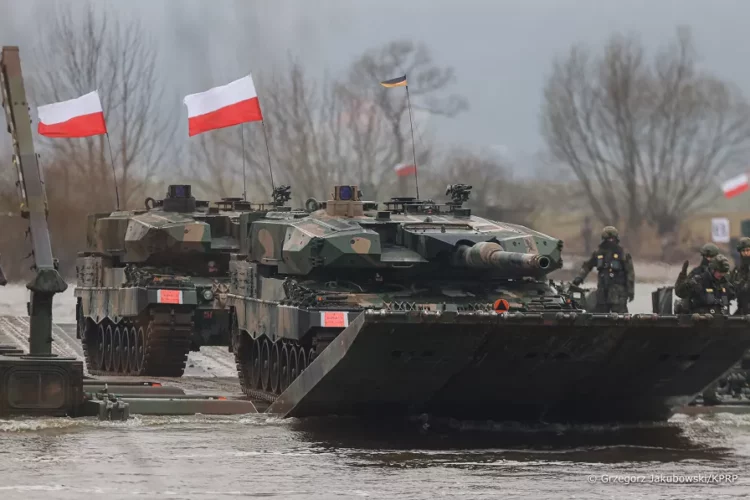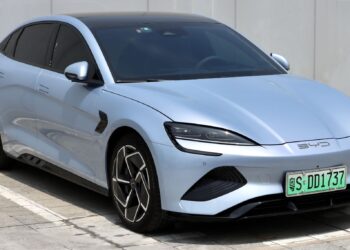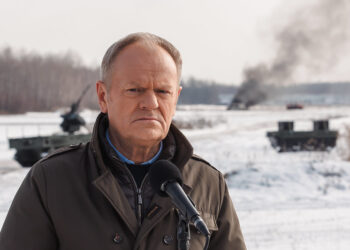At an international security conference in Taipei, former U.S. ambassador to the United Nations Kelly Craft urged Taiwan to model its defense strategy on Poland’s military development. Speaking on September 12, Craft emphasized that Taiwan must make substantial investments in defense to deter the growing threat posed by China. She called for Taiwan to become the “Poland of the Pacific,” referring to Poland’s significant strengthening of military ties with the United States, which has helped it evolve into a military power.
“Poland is transforming into a military power that no nation would dare threaten,” Craft stated, adding that Taiwan should follow Poland’s example by deepening its defense relationship with the U.S. She pointed out that while Taiwan spends around 2.4% of its GDP on defense, the country’s security would be better served by increasing this amount in the face of the much larger Chinese defense budget. By comparison, Craft noted that China will spend over $230 billion on defense by 2025, more than ten times Taiwan’s projected $20 billion.
During her remarks, Craft also referenced former U.S. President Donald Trump, saying that if he wins the 2024 election, he will likely expect U.S. allies like Taiwan to contribute more significantly to their defense efforts. Trump’s administration, as Craft mentioned, often criticized U.S. allies in both Europe and Asia for not shouldering enough of the defense burden, suggesting that Taiwan will face similar pressure to increase its defense contributions should Trump return to the White House.
Poland’s transformation, Craft explained, came in the wake of Russia’s 2022 invasion of Ukraine. The country has nearly doubled its defense spending in response to the war, aiming to allocate 4% of its GDP to military expenditures in 2024, with a goal of reaching 5% in the coming years. According to Craft, Taiwan should follow this lead by demonstrating its commitment to defending its sovereignty through increased military spending.
The former diplomat’s comments came amid heightened tensions between China and Taiwan. U.S. military officials, including Admiral John Aquilino, head of the U.S. Indo-Pacific Command, have warned that China could be prepared to launch an invasion of Taiwan by 2027. Against this backdrop, Craft argued that Taiwan cannot afford to delay in making “historic defense investments.”
The situation in the Taiwan Strait has been escalating as Chinese forces have regularly conducted military drills around the island. Chinese President Xi Jinping has repeatedly stated that Beijing views Taiwan as part of its territory and has not ruled out the use of force to achieve reunification. In response, Taiwanese officials have called for greater international support to deter any potential aggression from Beijing.
Craft’s speech emphasized that Taiwan’s future security depends on its willingness to invest in its own defense, much like Poland has done. She concluded by asserting that if Taiwan strengthens its military capabilities, the U.S. will remain committed to its defense. “If you do your part,” she said, “America will do its part.”
The comparison between Taiwan and Poland reflects broader concerns in U.S. foreign policy, as allies are increasingly expected to contribute more to their defense efforts, particularly in regions where U.S. military resources are stretched thin. As the military balance of power in Asia shifts, Taiwan faces growing pressure to take on a more proactive role in securing its future.

















